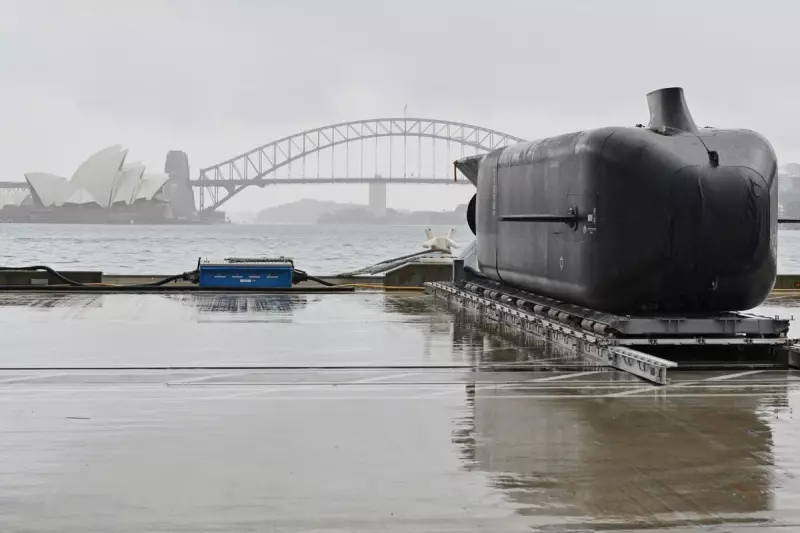
In a seismic shift in global defence strategy, Australia has torn up a monumental $66 billion submarine contract with France to enter a groundbreaking new security alliance with Britain and the United States.
The new trilateral pact, known as AUKUS, represents the most significant security arrangement between the three nations since the Second World War. Its primary objective: to counter China's growing military influence and assertiveness in the strategically vital Indo-Pacific region.
The Nuclear-Powered Centrepiece
At the heart of this new alliance is a pledge to equip Australia with a fleet of nuclear-powered submarines for the first time. This capability will dramatically extend the Australian Navy's operational range, allowing it to patrol critical waterways for much longer periods and project power far beyond its shores.
UK Prime Minister Boris Johnson assured that the project would create hundreds of new jobs in the UK, particularly in shipbuilding hubs. He emphasised that the submarines would be powered by nuclear reactors, not armed with nuclear weapons, calling it a "partnership that will deliver a safer, more secure world."
Diplomatic Fallout with France
The announcement has triggered a furious diplomatic row with France, which stands to lose its lucrative contract to build 12 conventional submarines for Australia. The French government, blindsided by the decision, has taken the extraordinary step of recalling its ambassadors from both Washington and Canberra in protest.
French Foreign Minister Jean-Yves Le Drian condemned the move as a "stab in the back," labelling the new partnership a "brutal, unilateral, and unpredictable decision." The diplomatic crisis underscores the high stakes and the profound strategic realignment now underway.
A Clear Signal to Beijing
Analysts are clear that AUKUS is a direct response to China's rapid military modernisation and its expanding presence in the South China Sea and beyond. By sharing top-tier military technology, the US, UK, and Australia aim to create a formidable counterweight to maintain a "free and open Indo-Pacific."
This move signifies a definitive pivot for the UK's post-Brexit foreign policy, cementing its role as a key global security player alongside its closest allies, with a sharp focus on the Pacific theatre.





